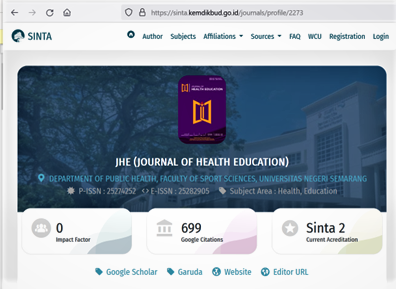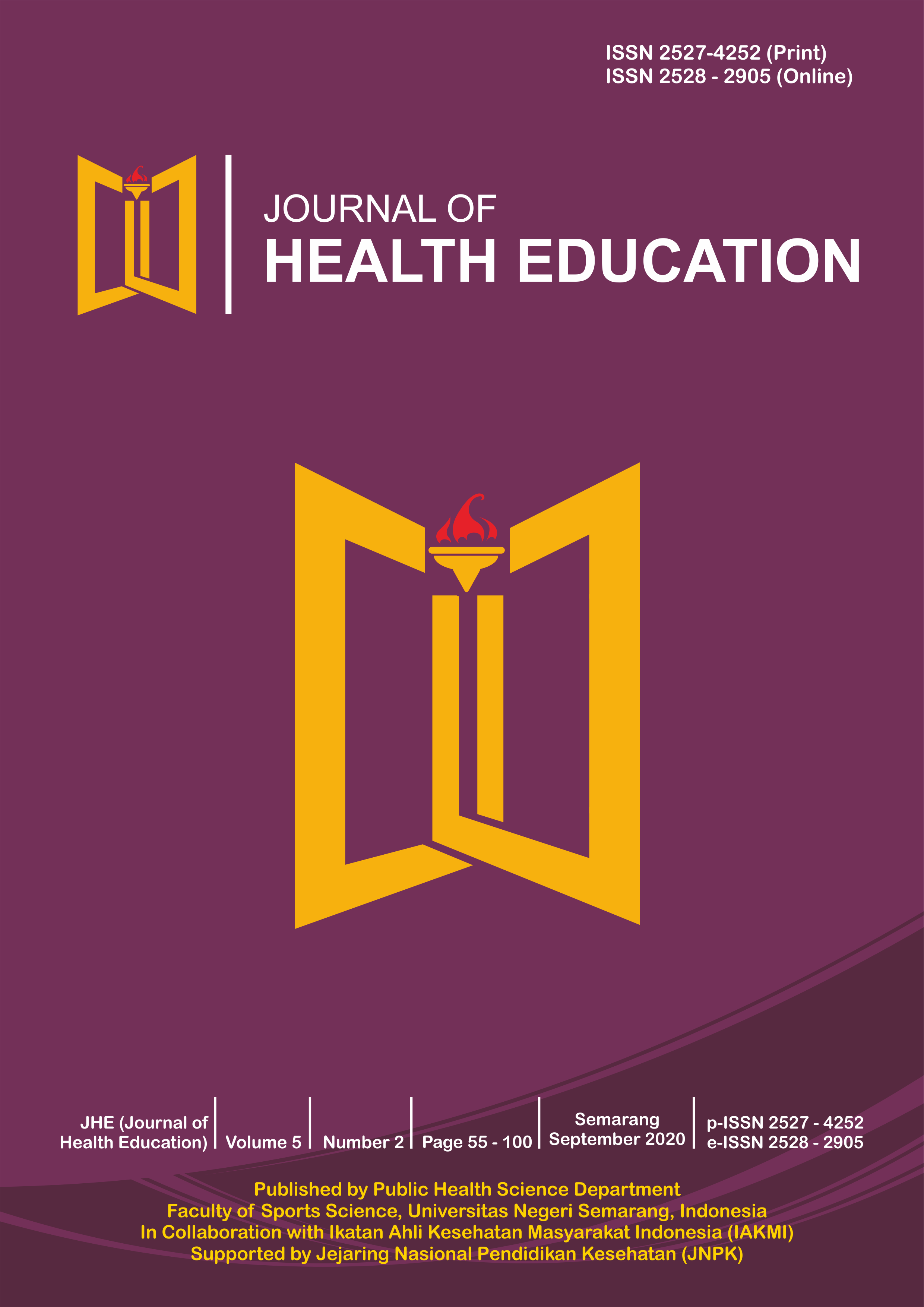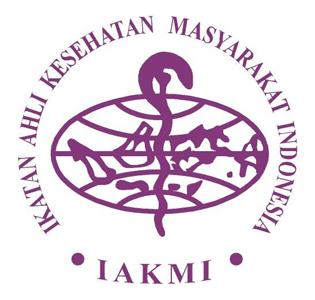Health Education and Simulation Effectively Increase the Knowledge and Ability to Perform Cardio Pulmonary Resuscitation
Abstract
Background: Increasing bystander knowledge and ability to perform Cardio Pulmonary Resuscitation (CPR) is vital in providing essential life support to Out of Hospital Cardiac Arrest patients. The method can be used by providing training through health education and simulations. Methods: Study using a quasi-experimental with a pretest-posttest control group. Samples were taken using a purposive technique totalling 72 people divided into control and intervention groups with equal numbers. The intervention is given with educational details for 30 minutes and a 60-minute simulation. The instruments consisted of a self-reported questionnaire and practice assessment sheets. Analysis of intragroup and intergroup differences using the Paired T-test and Independent T-test. Results: The mean increase in basic life support knowledge and skills in the intervention group was more significant than in the control group (42.8>1.4 and (74.7>-1.5). The intragroup test results in the control group showed knowledge (p0.381) and ability (p0.353). In contrast, the intervention group showed knowledge (p0.002) and ability to perform CPR (p<0.001), comparison of knowledge and ability to perform CPR between the control and intervention groups p<0.001 and p<0.001. Conclusions: Health education and simulation effectively increase the knowledge and ability to perform Cardio Pulmonary Resuscitation pada bystander.






